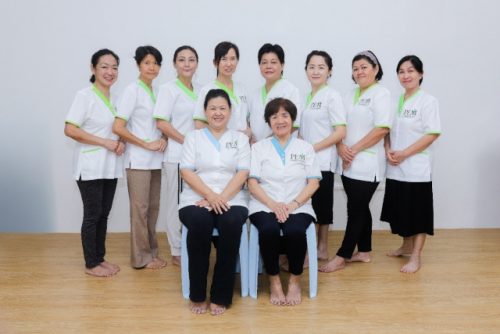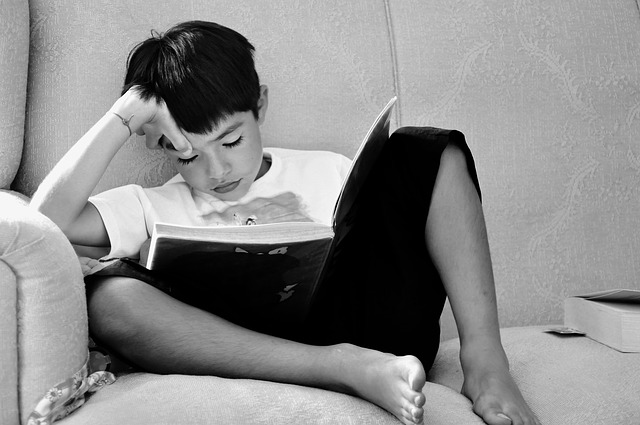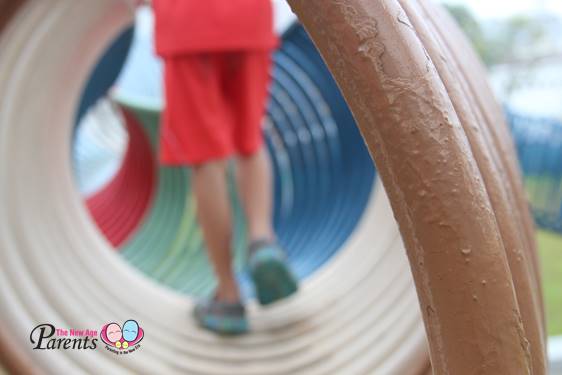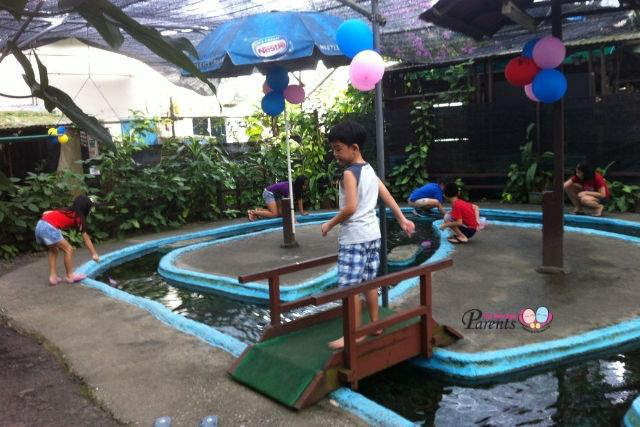“I think I can, I think I can…chugged the little engine up the hill…”
This is from the famous children’s story about a little engine that didn’t believe he could get up a hill, too afraid to try until he went through failure to experience success.
Parents can learn a lot from this story in helping to teach children a strong sense of self-efficacy (“I can do it” belief) and internal drive (Locus of Control). These two skills are not only vital to academic success, but also in a person’s life. I have met many parents who come to me with issues in getting their children to do their homework. Most of the time, they tell me they have to threaten, scold, cane or constantly stay on top of their children in order for them to get their work done.
⇒ Related Read: Caning Destroyed The Trust in My Kids: A Father’s Sharing
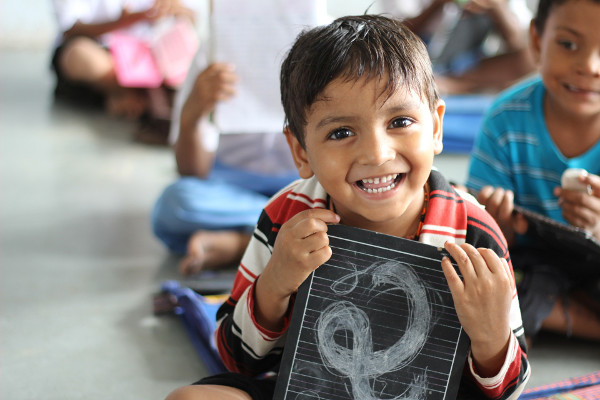
Parents are so stressed about major examinations, such as the Primary School Leaving Examinations (PSLE) that they often pile on twelve to fifteen additional hours of tuition in addition to regular school work. In the process of doing so, they take away sleep and playtime, replacing it with hours of constant parental monitoring, coaching, reminding and sometimes threatening.
⇒ Related Read: Studying for PSLE: How Can Parents Support their Child for the PSLE?
Singapore has some of the best schools in the world, yet parents continue to pile on hours of tuition, usually under the belief that more is better or simply because others are doing it. Research shows that doing more of something actually reduces its efficacy. Just like an athlete who over trains, risking injuries to their body. More is not often better but rather quality and balance. Children need a balance of sleep, school work and play!
Children struggle to pass their exams because they take on their parent’s anxiety of getting good results. In addition, a schedule that is age inappropriate will increase a child’s stress and anxiety, reducing exam and learning proficiency.
While parents have the best of intentions, in the process of their monitoring and demanding more homework, they may not be aware of what they are actually teaching or not teaching their kids. When parents take over their child’s decision-making and motivation about their school life, homework and free time, they do not have the opportunity to learn how to do it for themselves. This is not only detrimental to their self-confidence, but it also creates a system where parents need to motivate and drive their children to do work, rather than the child learning to do it him or herself.
It’s never too early to start teaching kids some self-motivation and time management strategies.
What this means for parents is the need to step back and take the risk of allowing their child to not do well. As a parent you may want to reconsider this: If your child’s work or results mean more to you, how will he or she ever care enough to put the necessary effort in? Also, you might risk teaching your child that your love is conditional, based on their academic performance.
What parents may also not realize is when their children are young, you can make them do things by force, criticism, or blame. However, as children grow older without learning how to motivate themselves, they will likely not develop this trait at all.

Tips for academic performance:
- Make sure your child is getting an age appropriate amount of sleep. A 7 to 10 year old needs at least 10 hours of sleep each night. Sleep is when we consolidate what we learn, helps manage stress and keeps our minds alter to learn.
- Children need free time to play and have fun. Play also helps them to discharge and manage stress. Just like adults, children need adequate free time to play.
- Increase pressure and anxiety actually reduce exam performance. Find a way to manage the family’s anxiety around test time. The child doesn’t need any more pressure than the exam itself presents.
Reconsider all the tuition and enrichment. Traditionally, this is used only for subjects that a child is struggling in not as a standard part of education. If you are cutting out free time and sleep to get tuition or enrichment programs in, you need to reevaluate the effectiveness of this.
By Tammy M. Fontana from All in the Counselling.
Tammy Fontana, MS, NCC CTRT Sex Therapist (USA) is the founder and mental health therapist for both All in the Family Counselling and Babysleepfairy.com. She has been providing professional counselling and sleep services in Singapore for over 8 years. She has her Master’s Degree in Mental Health Counselling (USA) and is a USA National Counsellor Counsellor (NCC) and Certified Choice Therapy Reality Therapist (CTRT). She is also a US trained certified Sex Therapist. She provides evidenced and practiced based solutions to parents, individuals and couples. Tammy runs All in The Family Counseling, a therapeutic counselling organization for individuals, children and teens as well as their family.
This article was first published in The New Age Parents e-magazine.
* * * * *
Looking to reach over 100,000 parents in Singapore? Let us amplify your message! Drop your contact details here, and we’ll reach out to you.
Discover exciting family-friendly events and places to explore! Join our Telegram channel for curated parenting recommendations.





